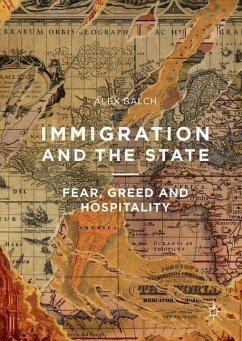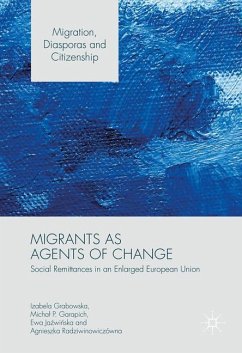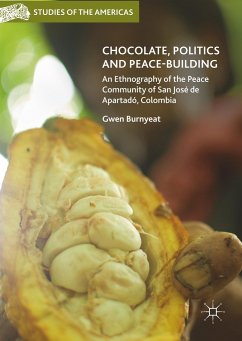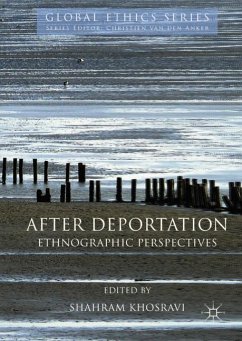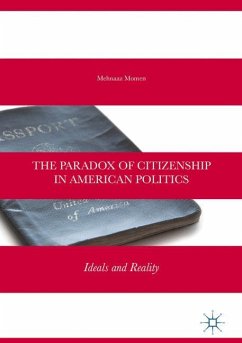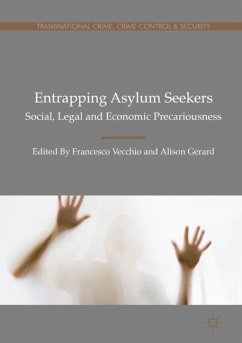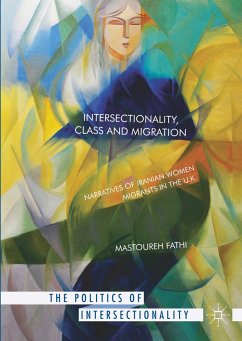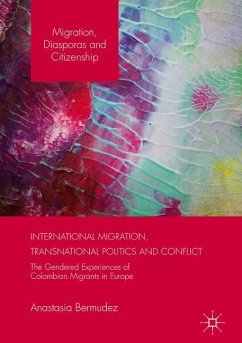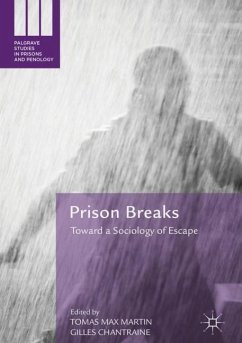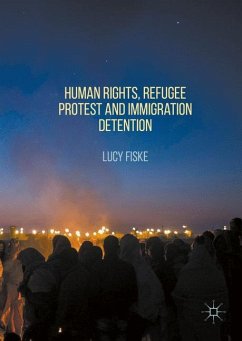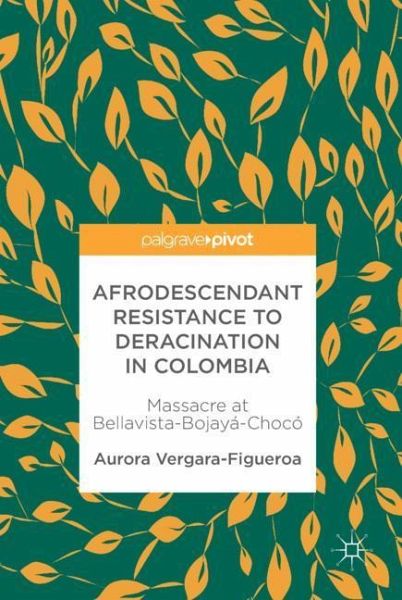
Afrodescendant Resistance to Deracination in Colombia
Massacre at Bellavista-Bojayá-Chocó
Versandkostenfrei!
Versandfertig in 6-10 Tagen
42,99 €
inkl. MwSt.
Weitere Ausgaben:

PAYBACK Punkte
21 °P sammeln!
This book provides a socio-historical analysis of the 2002 massacre at Bellavista-Bojayá-Chocó, Colombia. The author examines how the concepts of forced displacement and migration could be formulas for historical erasure. These concepts are used to name populations, such as the survivors of this massacre, and are limited in their ability to contribute to the demands for reparation of the affected populations. Instead, based on an ethnographic study of the pain and suffering generated in the survivors, the book proposes the concept of deracination as a tool to study land dispossession. It cap...
This book provides a socio-historical analysis of the 2002 massacre at Bellavista-Bojayá-Chocó, Colombia. The author examines how the concepts of forced displacement and migration could be formulas for historical erasure. These concepts are used to name populations, such as the survivors of this massacre, and are limited in their ability to contribute to the demands for reparation of the affected populations. Instead, based on an ethnographic study of the pain and suffering generated in the survivors, the book proposes the concept of deracination as a tool to study land dispossession. It captures both the complex local specificities, the global linkages of this phenomenon and the strategies of resistance used by the people of this community to channel what seems as an impossible mourning.



